During the first few years of a child’s life, they are constantly experiencing and absorbing new things. Young children pick up basic information about the world around them—birds fly, water is wet, falling down hurts. But they’re also learning about themselves and their emotions. Positive early experiences in building relationships, self-image, and positively relating to others are key factors in social emotional wellness.
We often think of school readiness in terms of literary knowledge and mathematical thinking skills rather than behavioral and emotional skills. However, developing social emotional learning (SEL) skills can be far more important in determining academic success in early childhood classrooms.
Why Are Social Emotional Learning (SEL) Skills Important?
It may seem odd initially to connect the development of SEL skills to students’ success. However, to develop the skills to pay attention, follow directions, and finish tasks, young children must first understand how their actions and emotions impact their behavior and those around them. Young brains are incredibly flexible, and social emotional development during early childhood is a prerequisite to developing other important relational skills.
Infants and toddlers develop emotional connections through interactions with adults. These important interactions form the foundation for future emotional literacy and empathy development. As young children experience nurturing and responsive interactions, their social-emotional foundation strengthens and they absorb valuable information. They use this information as they grow and develop relationships with peers and adults outside of their immediate families.
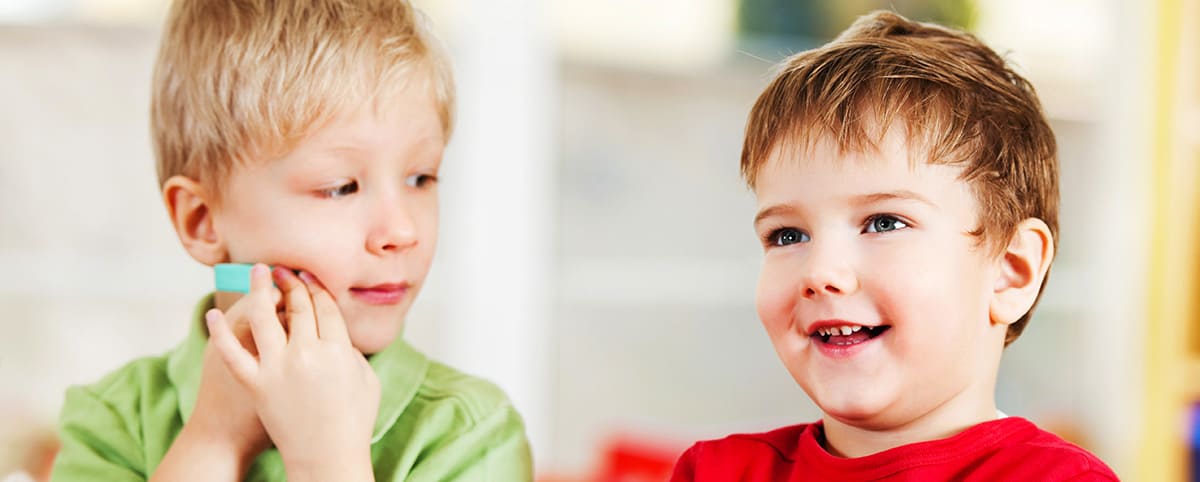
What Influences Social Emotional Wellness in Early Childhood?
Understanding the role of emotions and how those emotions and subsequent actions impact others is a big task. Childcare providers, from school teachers to daycare, are an invaluable part of the process. There are several different ways in which teachers and caregivers can influence social emotional development daily.
Observation
Young children constantly watch how their peers, parents, and care providers interact with others. They learn more from what they see than what we tell them to do. Modeling appropriate behaviors like sharing with others, being grateful, and being helpful gives young children a blueprint for interacting with people.
Positive Reinforcement
Whenever a child demonstrates positive social behaviors, they need to be reinforced to gain an understanding of what behaviors are desirable. Some children will feel pride when praised for socially appropriate behavior—helping a friend, sharing a toy, or handling emotional stress. For others, the response they see from those around them or their personal sense of accomplishment will act as reinforcement. Too much attention on negative behaviors can also serve as reinforcement and lead to inappropriate ways of dealing with peers.
Label and Identify Emotions
Young children can learn to control their feelings by learning to label their emotions. Having words to attach to feelings of anger or fearfulness is the beginning of understanding feelings that cause stress or uncertainty. Helping children talk about why they feel the way they do and asking them to express and label their emotions is a good start on developing empathy, self-control, and compassion for others.
Learn More About Early Childhood Education
Looking for more insight on SEL and Early Childhood classrooms? We’ve curated expert articles on these topics at the links below, so dive in! SEL is an important topic in every subject, so we cover it from many angles… from incorporating SEL into PE class to reaping the SEL rewards of a robotics club!

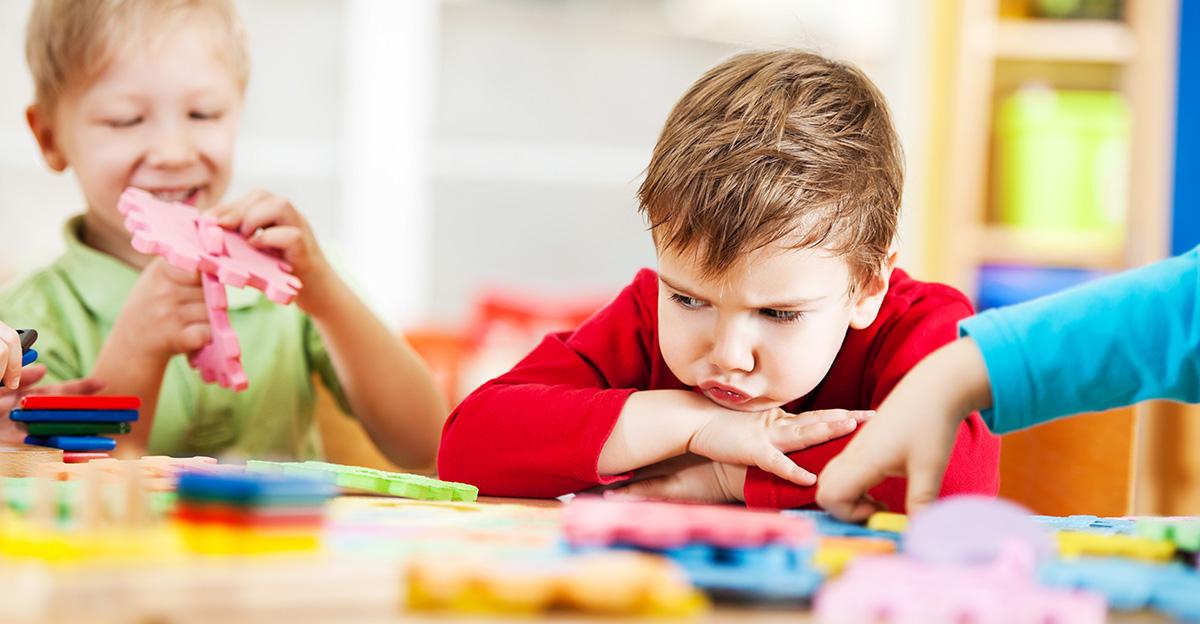
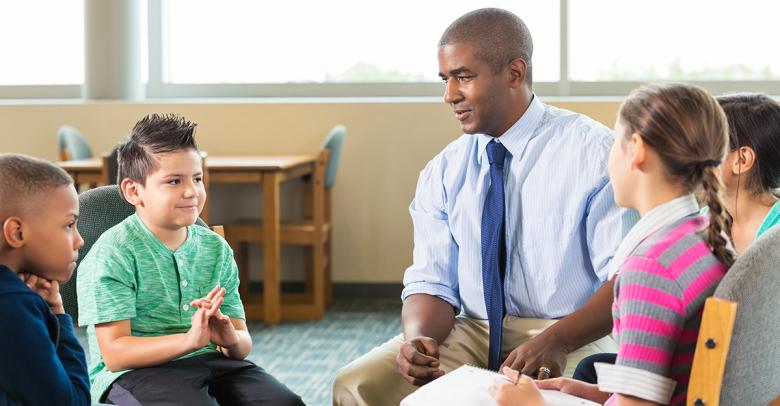
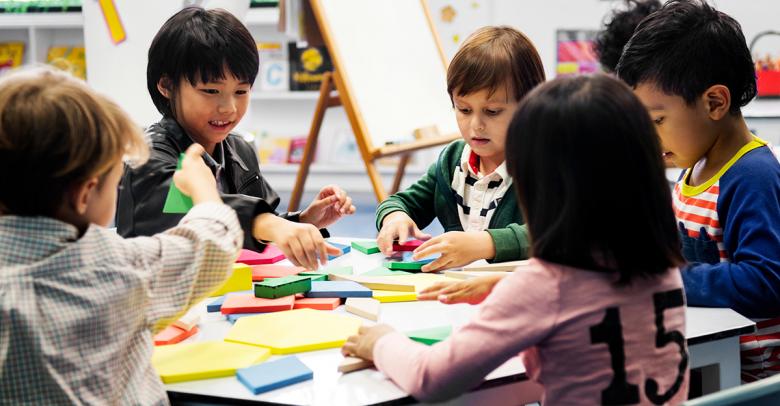
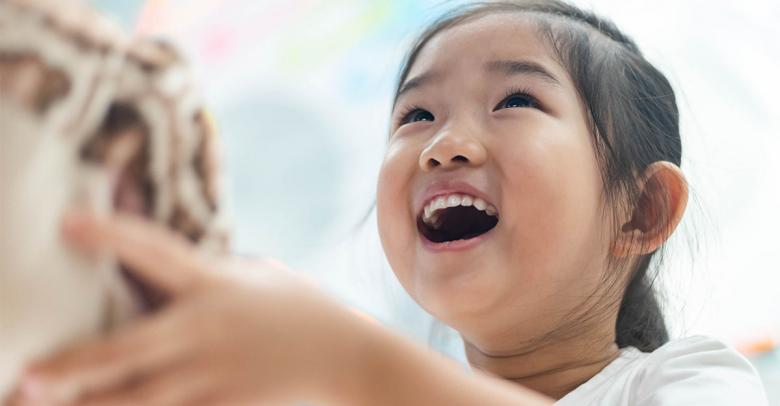
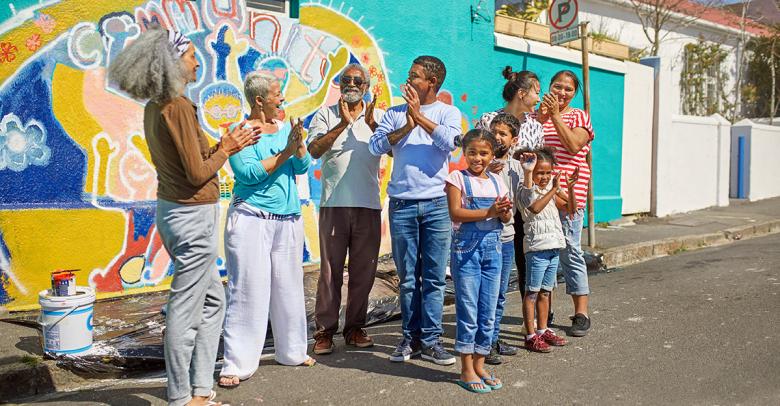
Leave a Reply